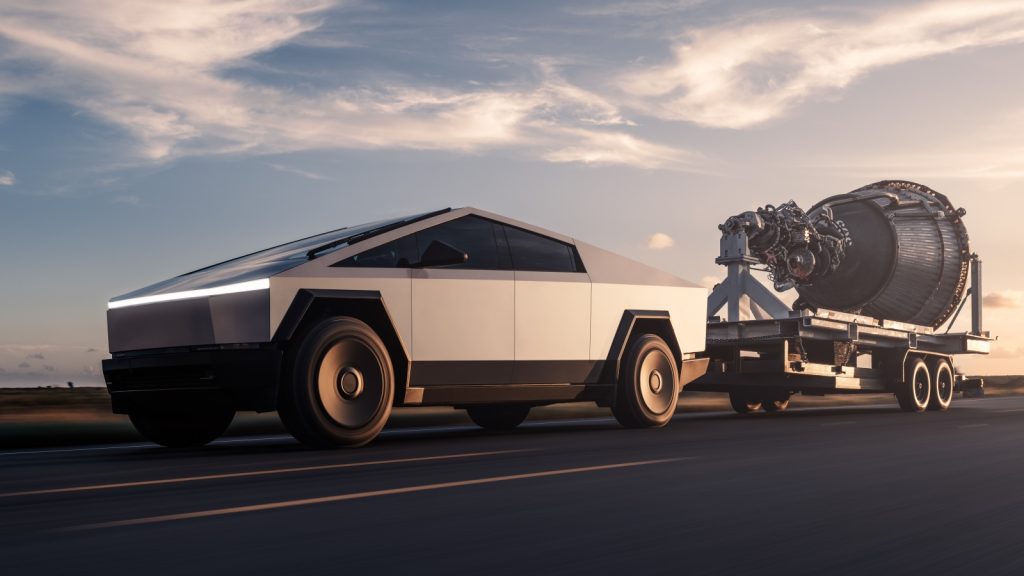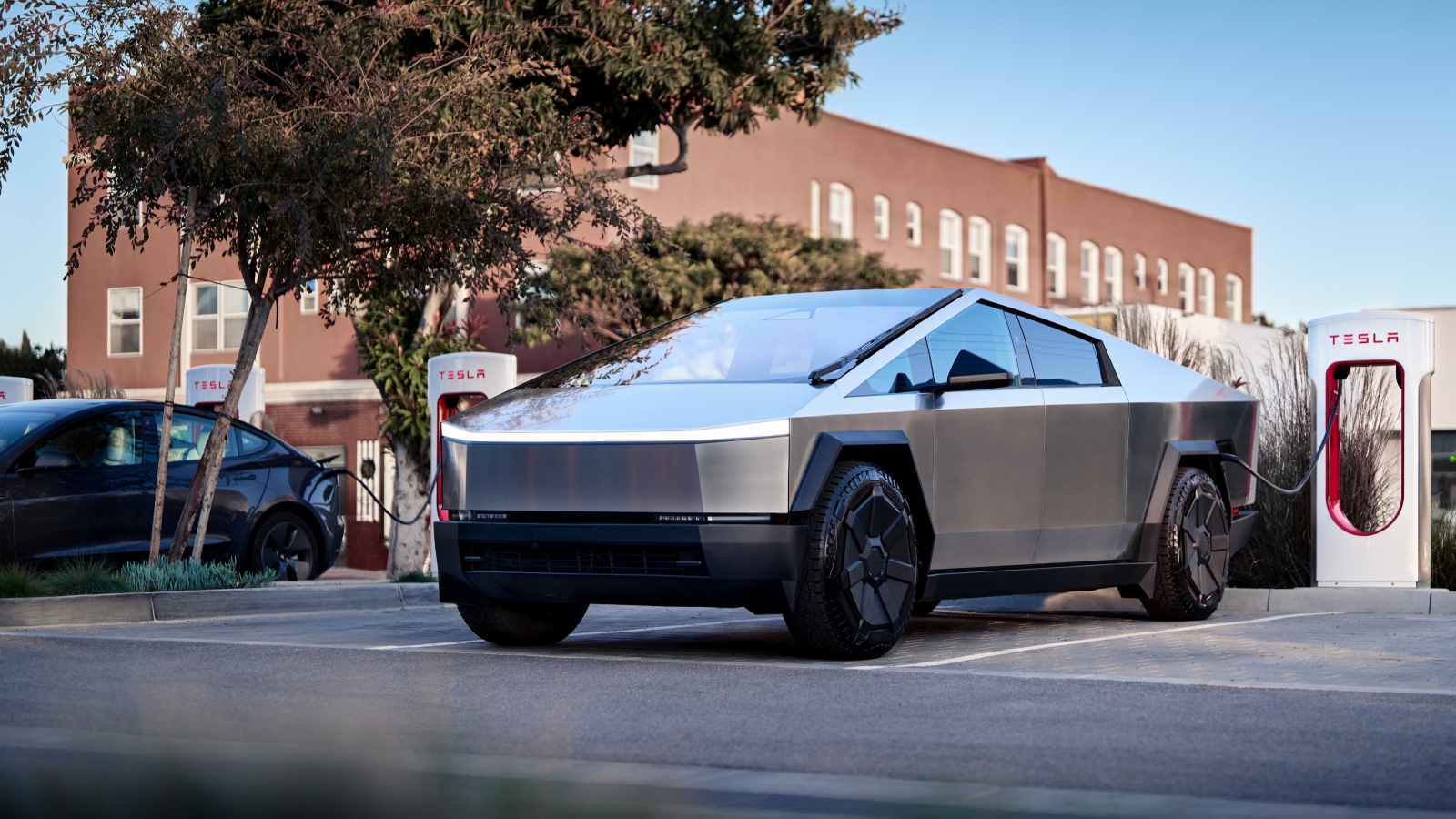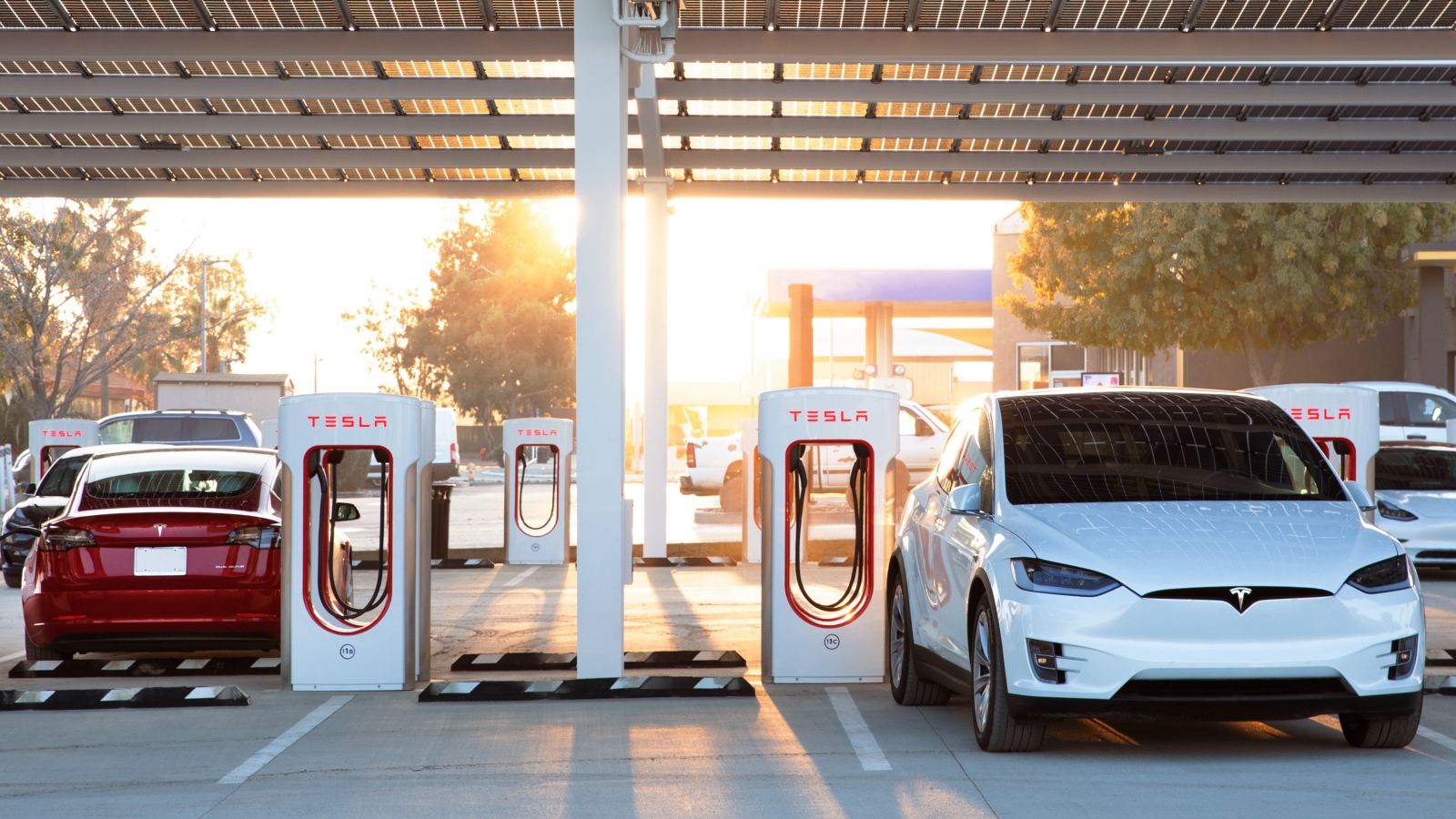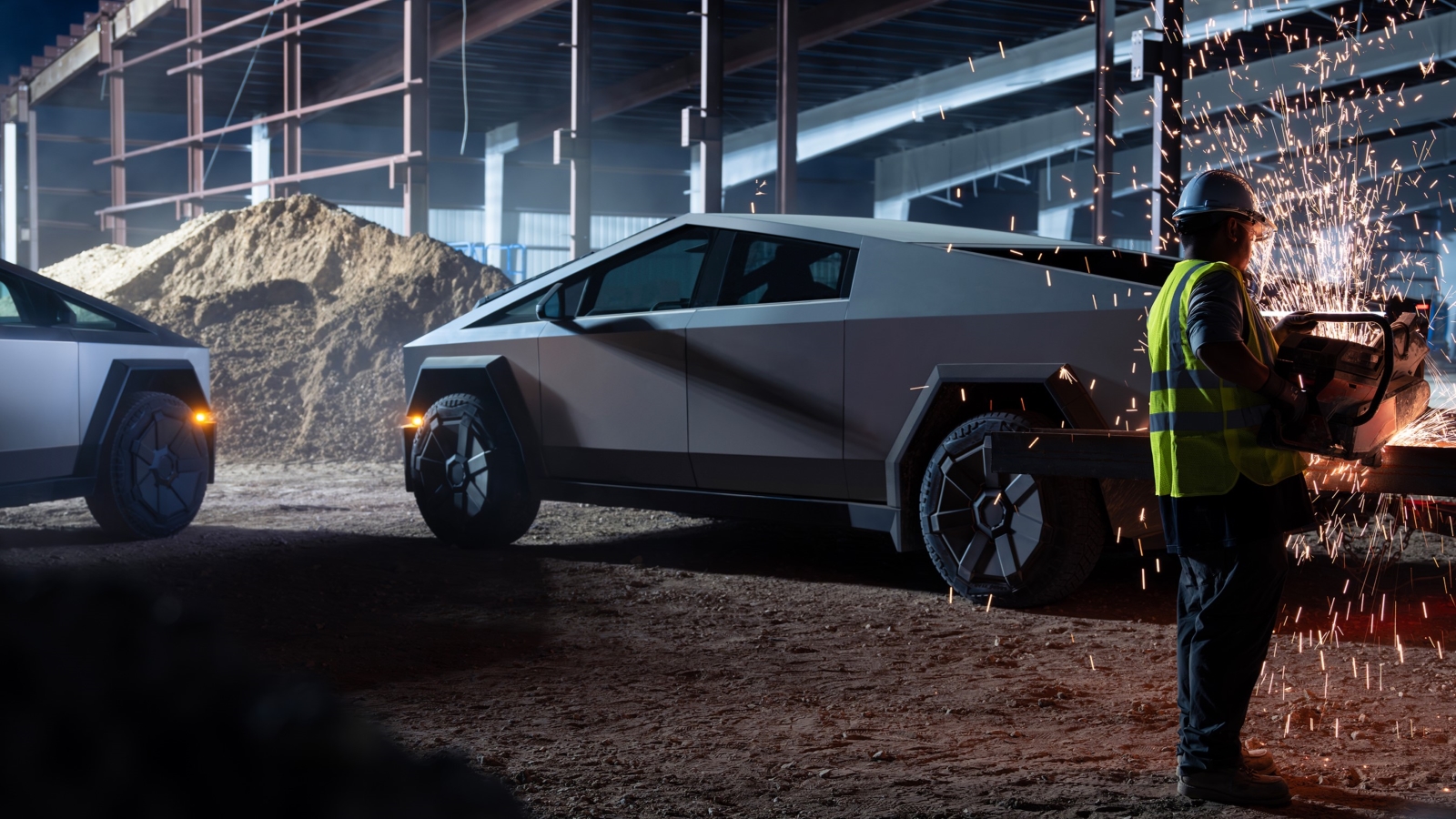Sony launches the WF-1000XM6 in South Africa with upgraded noise cancelling, better call clarity and premium sound. Pricing starts at R7,999.
Pick-up trucks and Tesla-Trump politics

EVs have never been a core issue in American elections. The American auto industry’s Big Three make profits from large pick-up trucks and ladder-frame SUVs. At the dealership level, there is little interest or incentive to pivot towards complex manufacturing and retailing EVs.
However, Tesla has triggered a significant change in market dynamics, especially in wealthier US States. The current EVs offered by legacy car companies, especially luxury brands from Europe, are not because of incentives or a true environmental agenda. It’s because of Tesla.
Musk has skillfully used carbon credits, federal incentives, outstanding UX and daring design to conquer a lot of legacy luxury car market share in the United States. Market share that was once the preserve of American and German luxury cars, with six- and eight-cylinder engines.

Beyond the California dream
Although Tesla has met resistance in certain States due to its direct-to-consumer model, it enjoys strong support in California. Keen to continue its required growth and achieve greater economies of scale, Musk knows that Tesla must conquer more traditional regions of the US market.
With much of Tesla having relocated to Texas and Musk’s endorsement of Donald Trump’s election campaign, the strategy is clear. Tesla is seeking more sales from conservative American buyers. That’s just a case of market size and demographic realities.
This has not been an easy year for Tesla. It’s suffered reduced demand in the first two quarters, and its ambitious – and expensive – Cybertruck hasn’t achieved projected sales demand. Complicating the issue, Cybertruck is a complex build.
Rethinking the pick-up
When it opened reservations for the Cybertruck, the interest was overwhelming, with a million reservations. However, Tesla is struggling to convert those reservations to sales. It has ceased orders for the most affordable Cybertruck, and the $ 100,000 version, previously subject to pre-order waiting lists, is now available for immediate order and delivery to customers.
The situation reveals true Cybertruck demand dynamics and why Musk is aligning with Trump. The reason? To establish broader brand appeal for Tesla beyond the American West and East coasts.

Tesla needs something new
Beyond Cybertruck, Tesla’s passenger car line-up might have class-defining UX and digital integration. Still, the body styles and exterior designs have aged in a market with daring new designs, especially from Hyundai and Kia – who have stealthily towed along in the marketing slipstream of Tesla’s EV momentum.
Musk needs more conservative buyers to consider Tesla a viable option for their pick-up dollars, which account for some of America’s most profitable new vehicle sales. That means the unlikely coordination with Trump, who has been an outspoken critic of EVs and their handsome incentives in the past.
There is, of course, great irony in all of this. Musk has revolutionized the American car industry, proving that EVs are viable for domestic US manufacturers, despite GM, Ford and Stellantis struggling to emulate Tesla’s success. The US industry’s Big Three, makes most of its profits from large pick-up trucks – a segment Telsa knows is valuable and one it needs to conquer with Cybertruck.

Getting into Flyover country
Dealer politics have bedevilled Tesla’s ambitions in certain US States, where dealership advocacy and interest groups are entrenched and powerful. Dealer lobbyists have frustrated Tesla’s desire for true coast-to-coast B2C Tesla sales. A sympathetic Trump presidency could help Tesla saturate more of the US market with its business model, without having to play nice with the traditional dealership community.
Curiously, Musk and Trump need each other. Tesla needs conservative buyers and communities to buy into the brand allure of Tesla’s Cybertruck. Trump needs the endorsement of Musk, who has potent crossover appeal beyond the grooves of demographics and geography, across the United States.
But where does all of this position the future of EVs? Musk remains unrepentantly committed to creating a larger EV car parc. Tesla’s obsession with doing that could inadvertently leverage Trump and his supporters to rethink and reposition their narrative and actions on climate change and EVs.


